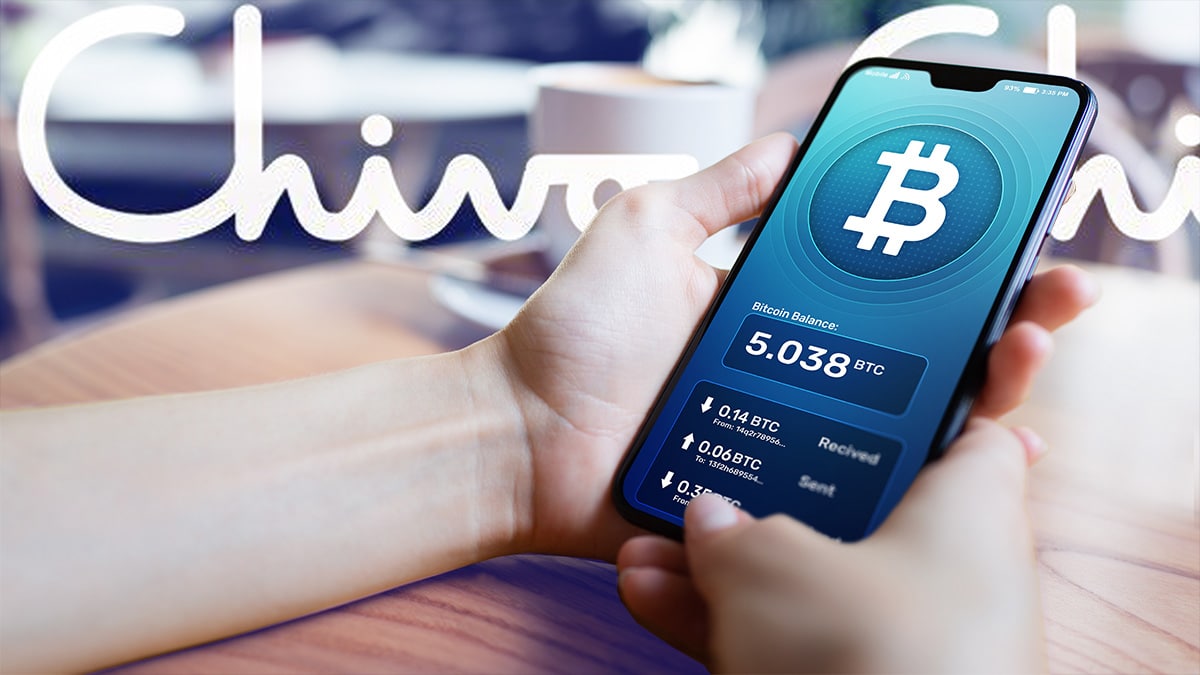Salvadoran users criticize Chivo Wallet for more failures.
The Government promises a transition without interruptions, but uncertainty persists.
For more than three years, complaints about the Chivo Wallet, the bitcoin wallet launched by the government in 2021, were abundant. Now, faced with the announcement of its possible sale or definitive closure, Salvadoran users express their experiences and concerns through social networks.
The digital platform, promoted by the government of El Salvador to facilitate the adoption of bitcoin, will next begin its liquidation or sale. This is due to the concessions that the country had to make regarding the digital currency to secure a $3.5 billion financial deal with the International Monetary Fund (IMF).
An X user, identified as BTC pleb, express his frustration with the service: “I’m trying to send BTC from my Chivo Wallet to the Blink wallet (originally Bitcoin Beach), but the transaction is pending.” This type of technical problems has been a recurring complaint among users, as previously reported by CriptoNoticias.
The Salvadoran Felipe Mendívar, critical harshly criticized the El Salvador government’s decision to kill the Chivo app, describing it as a “stillborn wallet” due to its faulty design. He demands transparency about the financial losses that this “bad experience” has caused its users, suggesting that those responsible for the failure will ignore it.
Amid uncertainty over the future of the government bitcoin wallet, users Salvadorans ask: “What will happen to our wallet savings if the Chivo Wallet is sold or discontinued?” The answer came from Stacy Herbertdirector of the National Bitcoin Office.
«As part of the $3.5 billion agreement, Chivo is expected to be privatized, but there will be no interruptions in service for existing customers when that sale finally occurs. However, there are still many months before a final agreement is reached.
Stacy Herbert, Director of the National Bitcoin Office.

Among the questions that arise, Efrain Hernández posed: «when this happens (privatize), will there be commissions for the transactions? And, if so, how much are they? And do we also have to declare them on our income tax? These queries reflect the fiscal and economic concerns of users regarding changes in the management of the government platform launched to promote the adoption of bitcoin.
For the inhabitants of El Salvador, the main attraction of government bitcoin wallet is that it is “zero commission”as highlighted by President Nayib Bukele, from the moment of launch. This was more than 3 years ago when the application was downloaded by thousands of Salvadorans, who were apparently motivated only by a bonus of USD 30 in bitcoin that the government promised to give to everyone who registered on the platform.
However, once the Chivo Wallet is privatized, it will charge transaction fees, as happens with all companies that provide the service globally.
“They will take away something that we benefit from”
Rolando Romero, also Salvadoran, shared his perspective: «Ok, yes that is perfect [el acuerdo entre El Salvador y FMI]”But don’t take away the Chivo Wallet, now that we know about it and that we have become bitcoiners for you, you will take away something that we are taking advantage of.” This comment reflects the appreciation that some users have developed for the tool, valuing the education and access it has given them to the bitcoin ecosystem.
Danker, another Salvadoran, lament the potential disappearance of the wallet: “What a big mistake to remove the Chivo wallet, this is not to my liking since international wallets have to pay commissions.”
Meanwhile, uncertainty reigns among users of the government bitcoin platform, since Little is known about the next steps the government will take regarding the platform of bitcoin local.
On the other hand, there are also doubts about what will happen to the 200 bitcoin ATMs and information booths that the government deployed in various parts of the country to promote the adoption of the pioneering digital currency.
Another user on social networks he proposed in a humorous tone a new utility for the digital wallet booths: «Since they are going to close the ‘Chivo wallet’, I propose that the booths be converted into pupuserías with the image of Our Supreme Lord. Specialty: scrambled pupusa with tuna and macaroni. » This comment reflects the ingenuity and creativity of Salvadorans in the face of the changes that are occurring after the agreement with the IMF.
In short, The liquidation or sale of the Chivo Wallet marks a decisive chapter in the history of bitcoin adoption in El Salvador. The platform, which began with the promise of revolutionizing personal and national finances, now faces its possible end, or a significant transformation separate from the government.
The voices of users, from criticism of its operation to concern for the future of their savings, reveal that there is an active community concerned about the implications of these changes.
The government has promised a seamless transition, but questions remain over fees, taxation and the use of existing infrastructure. The uncertainty is palpable, and as El Salvador navigates toward the current agreement with the IMF, Salvadorans remain vigilant about the future regarding their relationship with bitcoin.






Leave a Reply